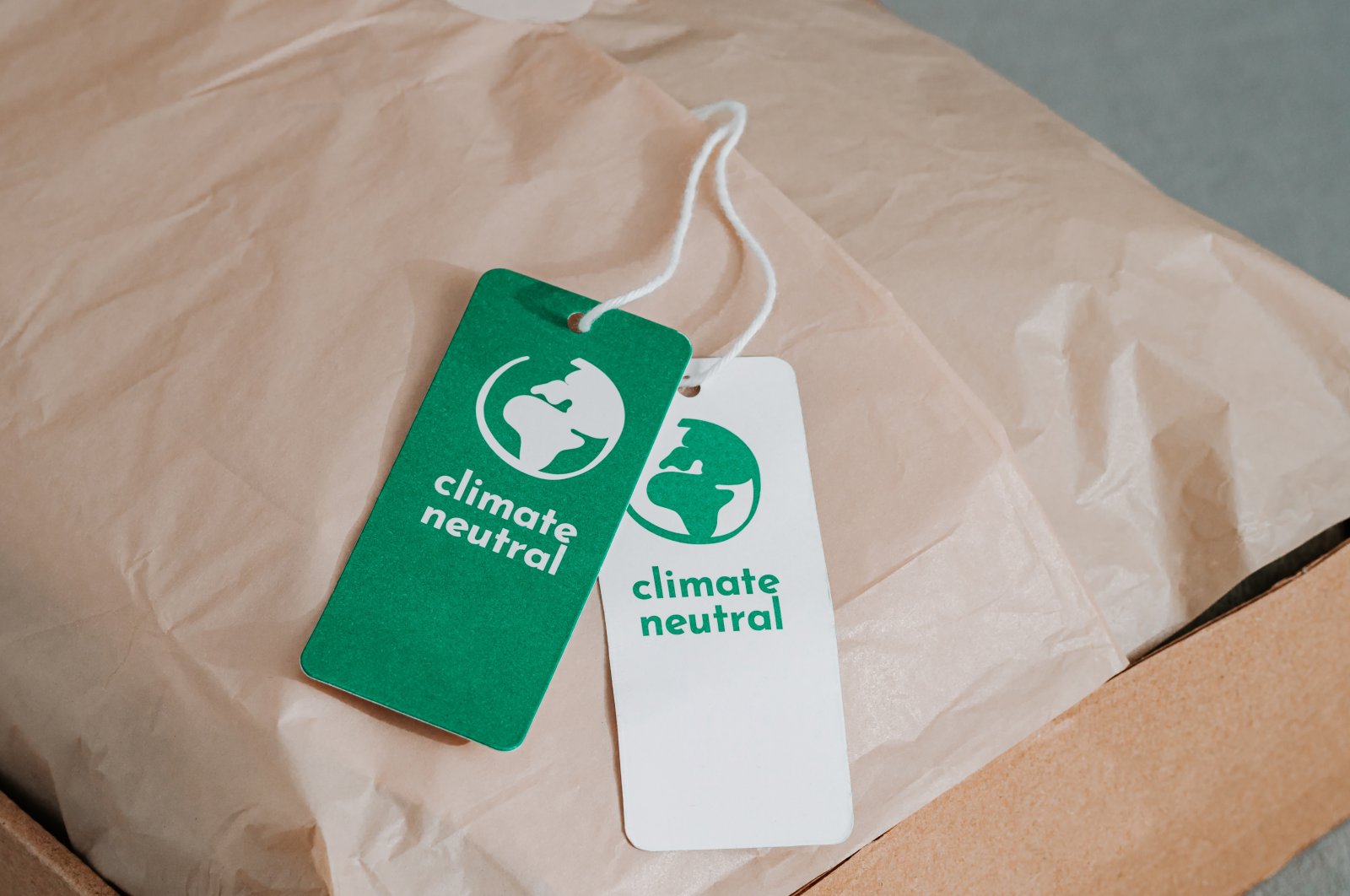
Soon, there will be an increase in competition between conventional, traditionally produced 'brown' products and environmentally conscious, climate-friendly, zero waste, and net-zero carbon 'green' products
During the last three-year Council of Ministers Meeting (MCM) of the Organisation for Economic Co-operation and Development (OECD), extensive discussions were held on the environment, climate change and energy transformation, reflecting the ongoing global focus on these issues.
Despite the unexpected dominance of the COVID-19 pandemic on the global risk ranking for a year and a half, climate change has consistently maintained its position as the most serious threat to the world economy for the past decade. Even the Russia-Ukraine war, which erupted approximately 15 months ago, could only elevate the risk perception based on conflicts and regional tensions to the third position, while global climate change regained its prominence in 2022.
The global risk of climate change highlights the crucial subjects of "fair climate change management" and "cost management of climate change." Developing countries, such as Türkiye, which are taking ambitious measures to combat global climate change, participate in international agreements and have made strides in domestic and national ("yerli" and "milli" in Turkish) renewable energy technologies, are advocating for an equitable approach to climate change management. They emphasize that developed countries, which bear significant responsibility for the Earth's pollution since the Industrial Revolution, must assume their historical responsibility in addressing climate change.
Additionally, in the management of the cost of climate change, particularly in financing projects related to climate and energy transformation, countries with underdeveloped economies, especially African nations, demand acceptable and equitable approaches in terms of cost management.
Hence, in climate change projects, there is a demand for good governance in three key areas: mitigation and limitation of the effects of climate change, adaptation of societies, economies and trade to climate change, and the elimination and restoration of the damages caused by climate change. This demand arises from the need for fair sharing of climate costs between developed and developing economies, as well as between the Global North and the Global South, under the auspices of organizations such as the OECD, United Nations, and UNDP.
'Green' vs. 'brown'
However, while expectations are high, one of the biggest challenges in accelerating good governance of climate change is the physical constraints. Given the varying technology production capabilities of different nations, addressing climate change and ultimately halting it requires more than just infrastructure projects. Accelerating production processes that facilitate the transition from "brown" to "green" products within the manufacturing industry is equally essential.
All international organizations working on global climate change, the U.N., UNDP or OECD, the World Trade Organization (WTO) that is investigating the impact of climate change on global trade, the International Labor Organization (ILO) researching its reflection on working life, or the International Monetary Fund (IMF) researching solutions for financing climate transformation, and international finance and investment finance institutions such as the European Bank for Reconstruction and Development (EBRD) and the World Bank, are all presenting a strategy, an approach in favor of green products in global production and trade, goods and services that will reduce the risk of climate change, prioritize a zero-waste approach to the environment, a net-zero carbon approach, and more green and environmental production processes.
In the upcoming period, competition will grow between brown products produced based on conventional, traditional production styles, which are subject to global trade, and green products that are sensitive to the environment, climate, zero waste and net-zero carbon. The increase in the weight of green products in the composition of Türkiye's export products will make our exports and our position in global competition sustainable.
